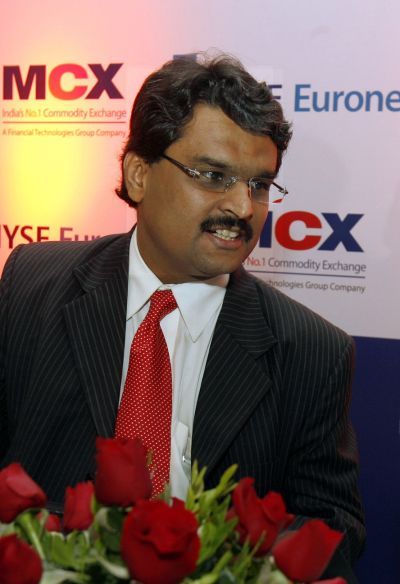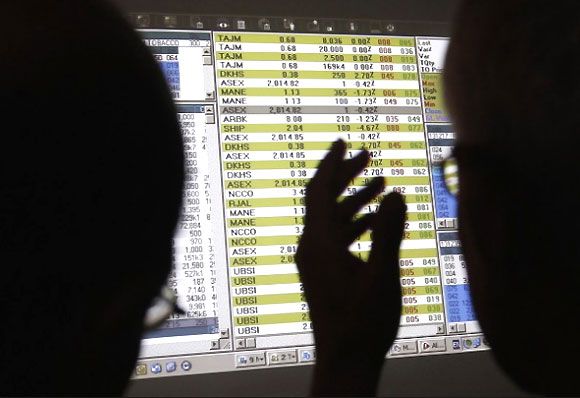Jignesh Shah's case has been given prominence by the NSEL, says N Sundaresha Subramanian
 Bombay high court’s order on the Jignesh Shah bail application has been put on the home page of the National Spot Exchange’s (NSEL’s) website.
Bombay high court’s order on the Jignesh Shah bail application has been put on the home page of the National Spot Exchange’s (NSEL’s) website.
In great prominence, not given to any of the numerous orders by regulators and courts since the scam broke over a year before.
Obviously, the order has made the exchange’s management happy. Beside the fact that it freed NSEL’s jailed promoter, the order contained several observations which seem to support the bourse’s stand.
Some of these might even require us to unlearn the things we learnt over the past year. For instance, the judge called the people who lost money “bogus traders”.
“In the first place, though this is termed a ‘scam of Rs 5,600 crore (Rs 56 billion) by NSEL', it is not that monies have been received by NSEL but have gone from one bogus trader (investing) to another bogus trader (borrower).
At the cost of repetition, it needs to be observed that from an analysis of the allegations, the real and only allegation against NSEL is that it adopted such modus operandi that permitted the borrowers to dupe the investors.
The benefits received by NSEL and FTIL (Financial Technologies, the promoter entity) and, consequently, by the applicant from these fraudulent transactions, are only incidental,” the order said.
The argument is that the commodity bourse is for buying and selling commodities and people looking for investment yields were not doing the ‘genuine trading’ for which the exchange was meant for.
These views also go against the findings of several expert agencies and the forward markets regulator.
It is also different from the explanation given in the second affidavit of former NSEL chief Anjani Sinha.
Extending this logic, the order has even questioned the applicability of the Maharashtra Protection of Interest of Depositors (in Financial Establishments) Act, under which the charges are being laid.
It questions if the people who lost money can be classified as ‘investors’ at all.
These statements are likely to be brought up in the several other pending cases.
People familiar with the way the market functions would appreciate that every market place requires people with a short-term view.
 It is these people who make the market function, by providing it liquidity.
It is these people who make the market function, by providing it liquidity.
In the absence of people taking a short-term view, those taking a long-term views will not be able to execute their investment/divestment decisions. Another statement in the order exposes the so-called ‘strategy’ of the Mumbai Police’s economic offences wing (EOW)
“Though there are direct allegations against the applicant in the FIR (First Information Report registered by the police, the applicant (Jignesh Shah) was not put under any arrest…
Thereafter, without any new material, the applicant came to be arrested…In fact, the investigation proceeded and resulted in filing of a chargesheet against the accused persons who had earlier been arrested…
Therefore, it is not that the applicant’s detention in custody is essential for further investigation.” Amid mounting evidence against Shah, when journalists questioned senior police officials about the delay in Shah’s arrest, they had said arrest was a matter of “strategy”.
If at all it was some great strategy, the delay has only helped the person they eventually arrested.
The order also says the victims were heading corporate entities and weren’t middle/lower class people, so they should have known about the illegalities.
Odd; even in the Satyam Computer fraud, top institutions and mutual funds had investments. Were they to open the vault of the company and count every rupee note?
Image: Jignesh Shah, promoter, Financial Technolifies India Ltd (FTIL)
Photograph: Punit Paranjpe/Reuters











